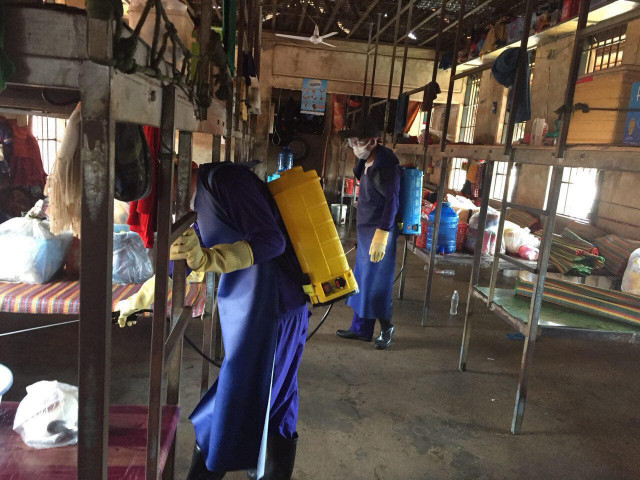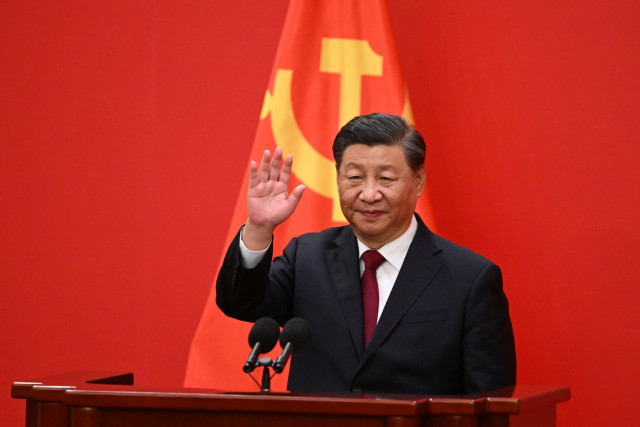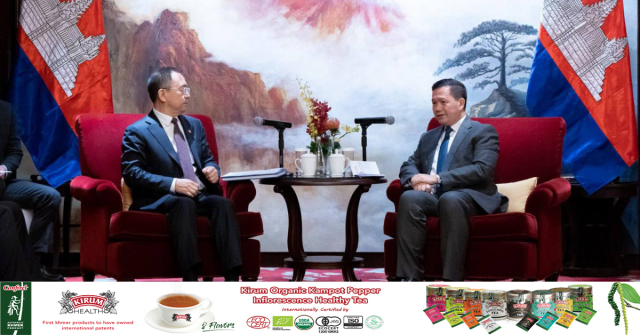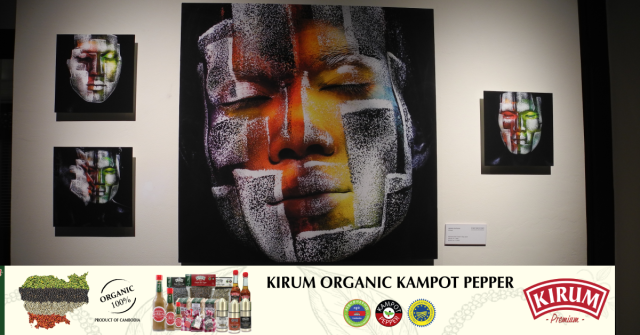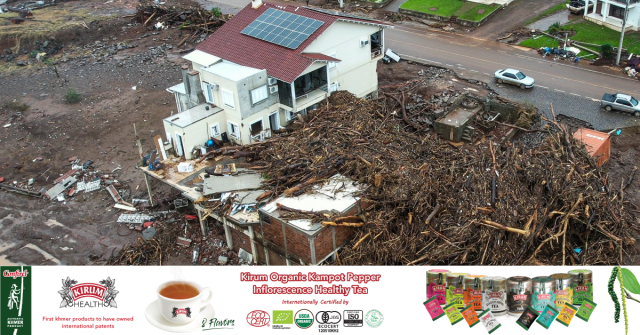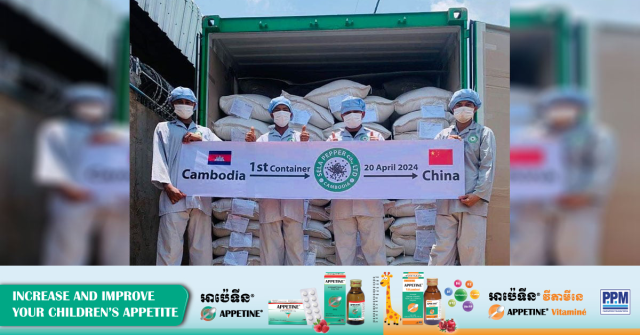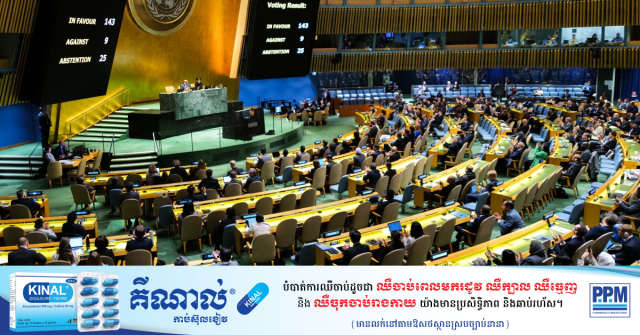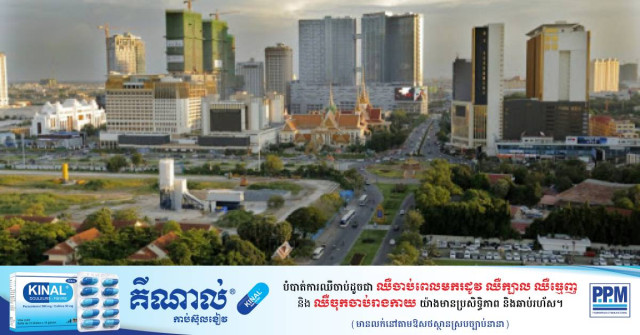Opinion: Reasons People Choose to Live in Warm Climate
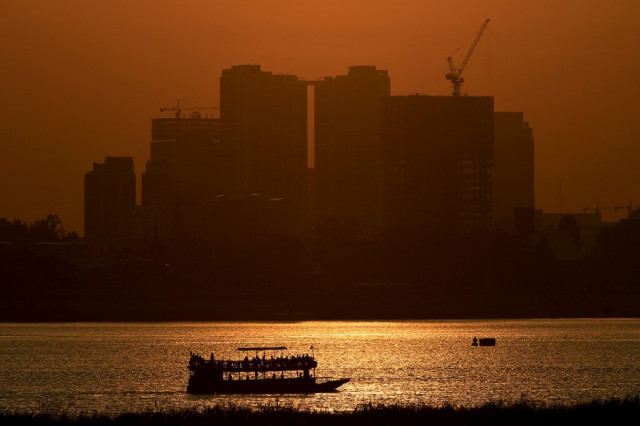
- Em Sereyrath
- May 17, 2021 8:31 AM
Different people prefer different things. Climate is a reality that people cannot avoid living with. I believe that people must embrace the weather in their respective areas or territories. Many who live in cold climates will claim to enjoy it and vice versa. People benefit from the weather in a variety of ways.
Rain, snow and other forms of precipitation are perhaps the most evident and significant benefits of nature and climate. Human beings and other species need a steady flow of water to thrive. All species are unable to survive without this and they need it at all times.
Forms of precipitation are brought by the weather to keep all lives on Earth intact. Without rain, people, animals, plants and trees will die. Climate also brings snow to some regions of the world. Snow is very important in those areas because it also is water that helps people and animals remain alive. Besides, the weather brings other forms of precipitation for plants, people and animals. Precipitation means different types of rain, which are essential to support all lives on Earth. In short, these are some of the advantages of weather.
Some people like living in a cold climate, others in warm ones. As I am a person living in Southeast Asia, I would choose to live in warm rather than cold weather because of the many benefits it provides. There are many reasons why retirees from colder climates migrate to warmer ones in winter. Furthermore, there also are reasons why people of cold climates go on winter holidays in warm-climate areas.
Living in warm weather presents many advantages and is appealing for a variety of reasons including a healthy lifestyle, the opportunity to participate in more recreational events, and financial advantages.
A positive outlook is aided by a healthier lifestyle, which is enhanced in a warm environment. People may be more moody in winter than they are in summer. People who live in cold weather, for example, look forward to a trip somewhere warm during the winter months to lift their spirits. When the sun is out, many people's mental health improves because life is full of colorful and enjoyable things, according to a study. In winter, it's easy to miss those things. Warm weather, as a result, has a favorable effect on people's moods and behaviors. Furthermore, a warmer climate will help people be healthier in a variety of ways. The amount of time spent in the sun has an effect on a person's vitamin D levels.
Vitamin D is an organic substance that is obtained by sunlight. Higher levels of energy are provided by vitamin D. Exposure to the sun is our bodies' first and most significant way to generate vitamin D. Furthermore, one of the reasons people need warm weather is sunlight, which strengthens one’s bones and may help reduce cancer. As a result, people thrive in warm climates.
In addition, in cold weather, home maintenance costs are higher than in warm weather. Roof leaks, for example, must be repaired, and doors and windows must be reinsulated on a regular basis. About every part of a house expands and contracts due to temperature changes. Furthermore, when living in a colder environment, auto insurance can be a headache while in a hot climate, car insurance is less expensive. Driving a car in cold weather can be very costly. If you get stuck, you will need tools or even have to call a service for help, which can prove expensive, and you have to pay a lot of money for insurance. Cars use more gasoline in cold temperatures, and they tend not to last as long as cars in warm weather. In cold climates, four-wheel drive and all-wheel drive vehicles are more costly but useful.
In conclusion, weather in a warm climate provides people with certain necessities that they cannot do without, plus a series of benefits on a regular basis.
Em Sereyrath is an English teacher with higher education degrees working at Kith Brasat High School in Takeo Province in Cambodia. He holds two master’s degrees: one in TESOL (Teaching English to Speakers of Other Languages) and the other in education. He currently is pursuing a PhD in education administration at the University of Cambodia.








